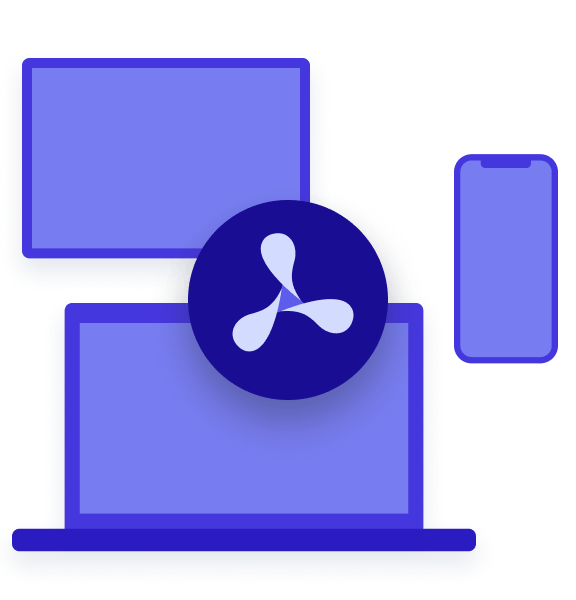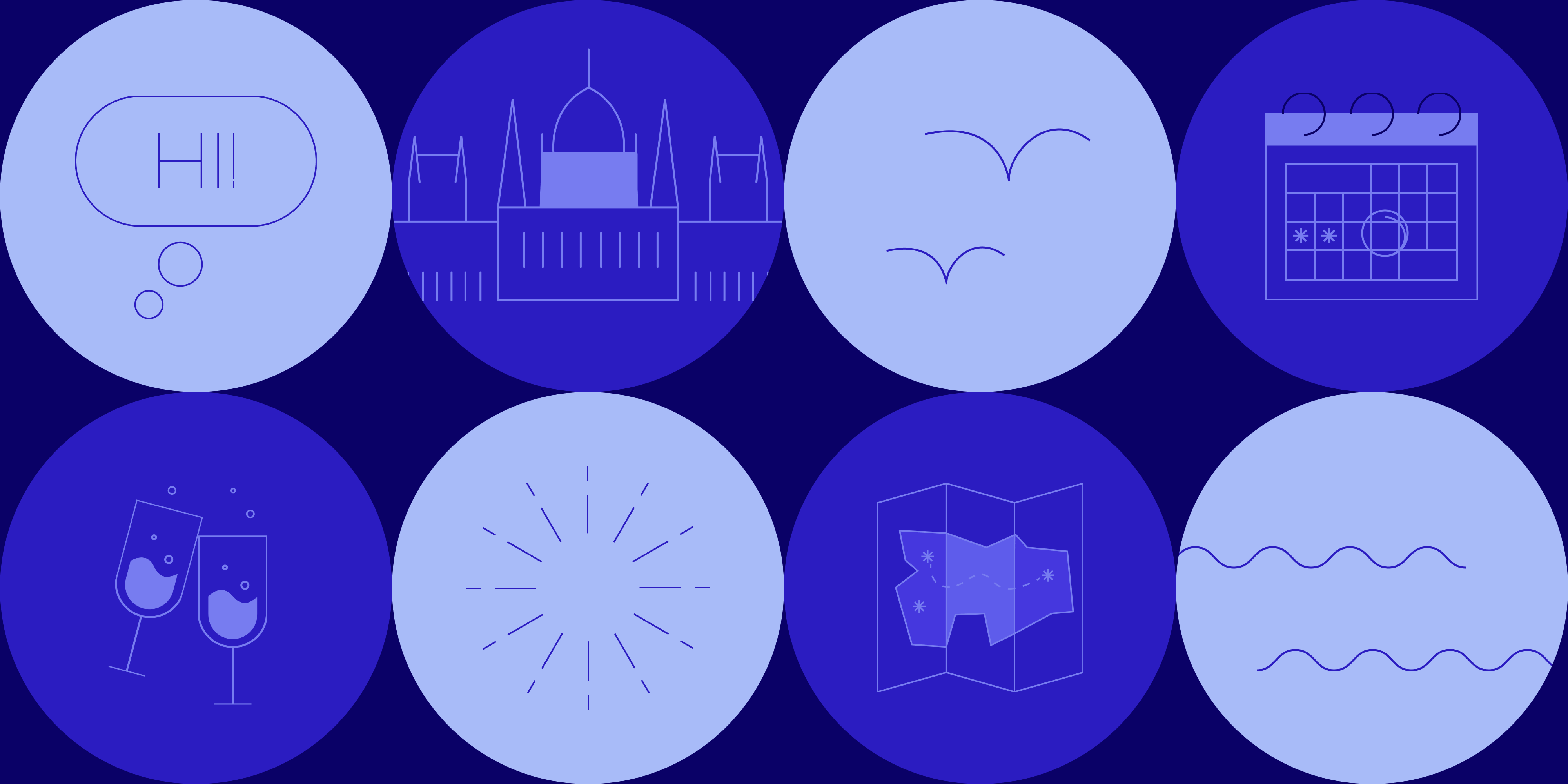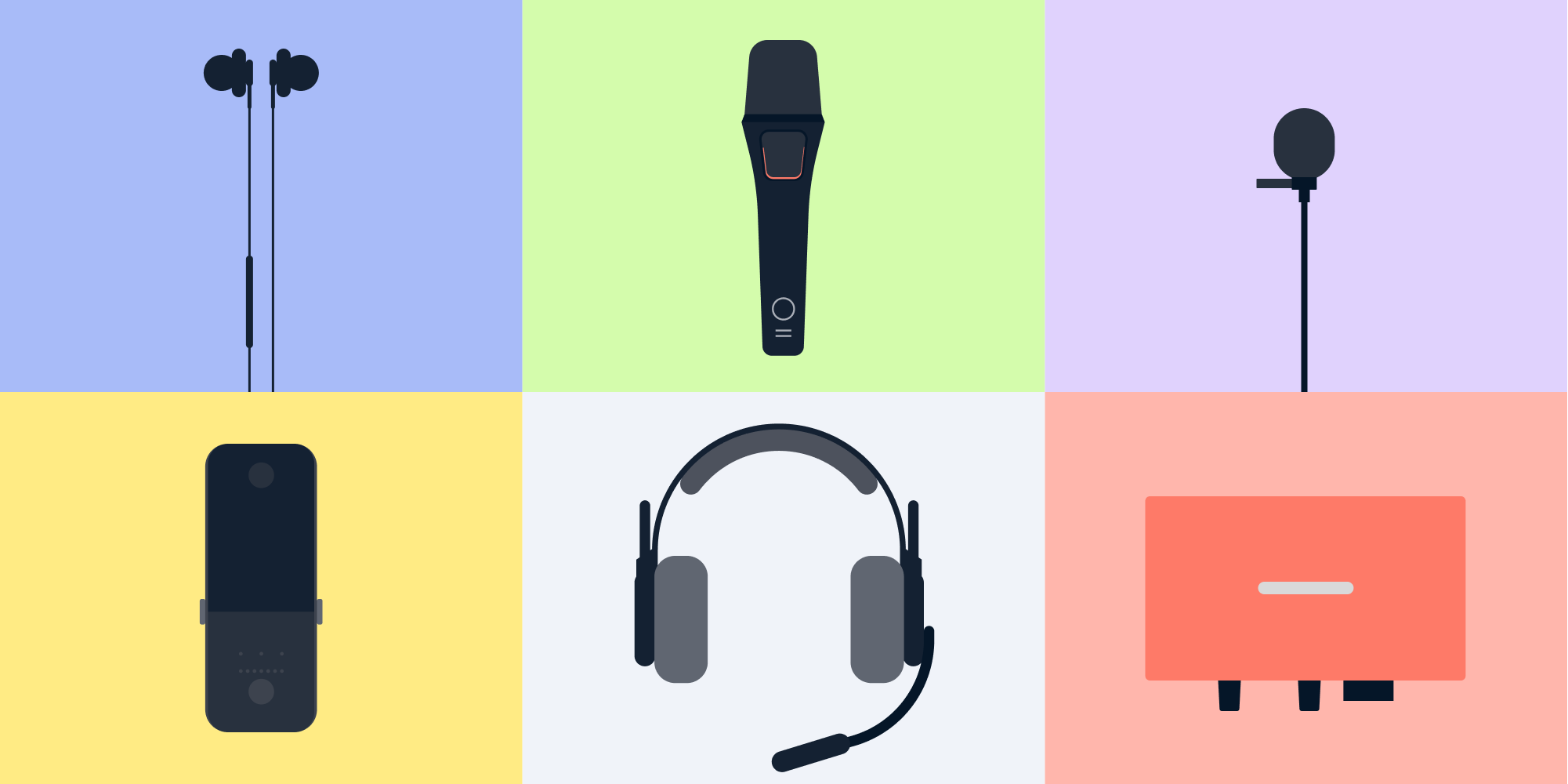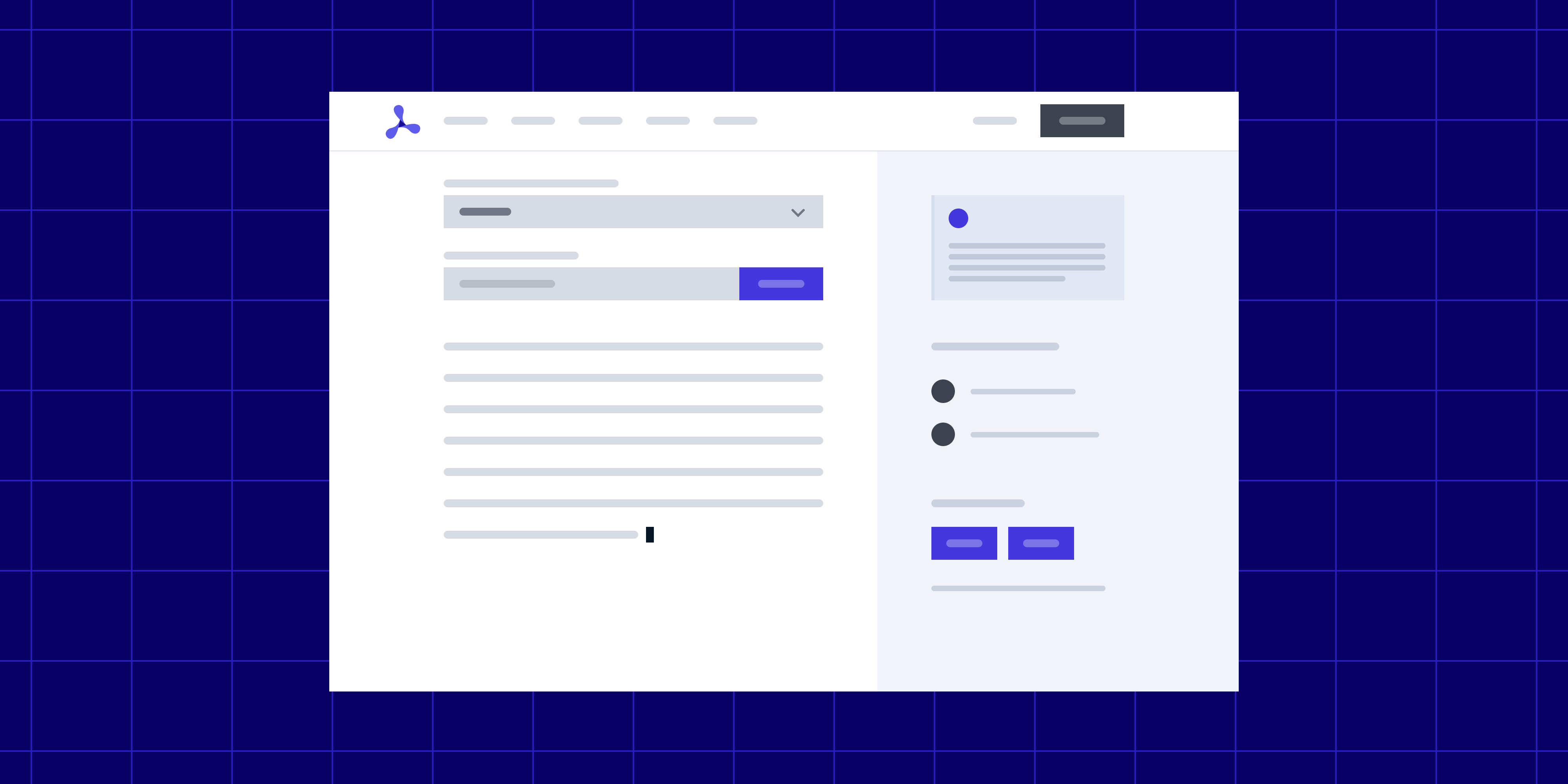While We Work: How We Stay Productive
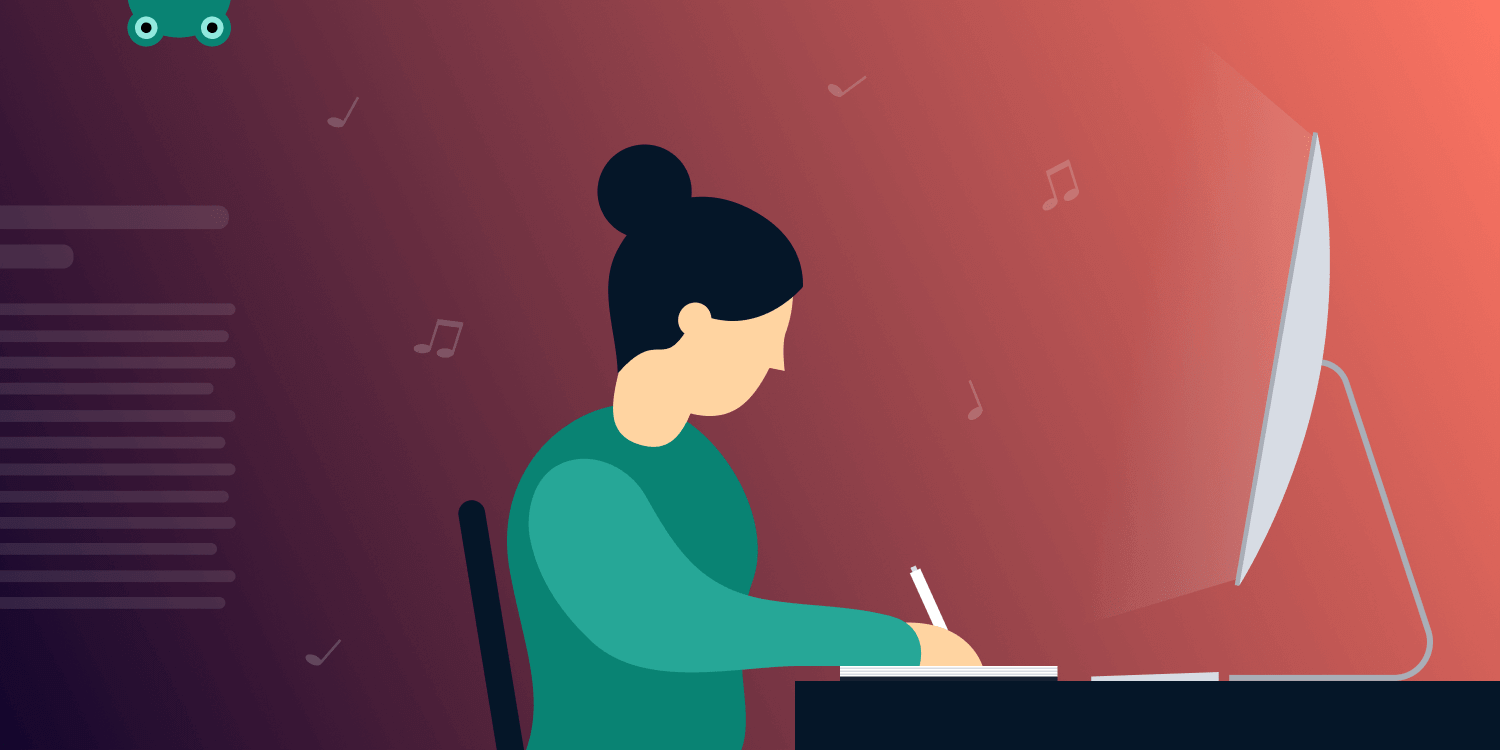
One of the biggest fears many companies have when talking about remote work is that their employees will no longer be productive. Or, as David Heinemeier Hansson and Jason Fried put it in their book Remote: Office Not Required, “If I can’t see them, how do I know they’re working?”
Luckily, at PSPDFKit, this isn’t an issue, as the focus is far more on what is accomplished and not when it’s done, which takes away the pressure of having to appear busy and lets us simply do our jobs.
In fact, remote work is often more productive than office work because there are fewer distractions. No meetings breaking up your day, no coworkers stopping by the desk to chat, no noise from nearby conversations or foot traffic to deal with. Plus there’s the benefit of being able to curate a space that helps you work best.
At the same time, we’re all human, so naturally we do struggle with productivity from time to time. And no two people are the same, meaning what works for one person may not work for another. So in a recent Know Your Team question, someone asked people to share their top productivity tips. Here are a few of our answers.
Listening to Music
Music can do a lot of things. It can set the mood, it can entertain you, and it can distract you. But some kinds of music can help your brain focus, absorb information, and process that information, according to a 2007 study. Classical music, in particular, is known to be one of the best kinds of music for this.
Our CEO, Jonathan, has found firsthand how much classical music helps his focus: “When I need to read, write, think deeply, or focus intently for a longer period of time, I have to set the mood, remove any possible distractions (move phone away, close browser tabs, only show one thing on my screen, etc.), turn on a soundtrack or classical piano music, and get to work.”
Meanwhile, two of our engineers, Rad and Nick, are big fans of listening to Brain.fm while working.
According to the Brain.fm website, it has “unique acoustic features woven into the music…[including] modulations optimized to evoke entrainment of neural oscillations, filtering to exclude distracting sound events, or smooth movement in virtual space to direct attention or avoid habituation.”
Nick doesn’t know much about the specifics of the science behind it, but says that “whatever it is, it works.”
Writing Things Down
It might strike you as slightly ironic, but even though we work with PDFs, we still love the traditional method of a pen and paper. Wei, who is responsible for the administrative side of things at PSPDFKit, said a to-do list is among one of her most important tools, and that writing things down gives her “a clear guideline of what to do first.”
Meanwhile, Peter, our Founder, always has a paper and pen as a part of his setup. He uses it to write down ideas, notes, and scribbles. “It keeps me focused in meetings and serves as extended short-term storage for the day,” he said.
And science backs it up. While PDFs and other digital workflows are important, the tried and true act of writing things down by hand shows that people can better process information, focus on ideas, and remember things longer, all thanks to something known as the encoding hypothesis.
Managing Time
Sometimes one of the best ways to be productive is to optimize the art of time management. Naturally this means different things to different people, but for a lot of us, breaking tasks up into timeboxed activities is helpful.
Rad from the iOS team likes to use a variation of the Pomodoro Technique. Meanwhile, Chandler on the Sales team opts for assigning himself tasks that take between 30 minutes and an hour. Additionally, he picks tasks that he feels confident he can complete in the given time frame, and each task is followed by a break of 5–10 minutes. “I feel that it gives one a sense of accomplishment and also provides the few minutes away to refresh before moving on to the next task,” he said.
Amit, an engineer on the Native team, does something similar. “I found writing a rough plan for the day helps. I split the day into 30-minute or 1-hour blocks on a page in my notebook, and I fill the blocks in with what I intend to do at the start of the day, trying to be fairly specific. This always changes as the day goes on, but it seems to focus my mind on the tasks for the day and is something to look back on and rearrange when I start to lose focus or get distracted,” he said.
Meanwhile, Jonathan doesn’t subscribe to a particular technique, but says that planning in advance is key. “Learning what type of task I have to do and planning my day/week in chunks has really helped,” he said.
Taking Breaks
For others, being productive is as simple as taking regular breaks, which is what James from the Web team does. The best kinds of breaks, according to Psychology Today, are ones that don’t require much prefrontal cortex function, which is the part of the brain that controls executive function. This allows the area that concerns itself with focus, strategy, and achievement to take a break.
And while it doesn’t make sense to take vacation days every week, Douglas from the iOS team found that taking a couple extra days off on one week made a noticeable difference in how he felt when he returned to work. This is likely because it gave his brain some extended mental downtime.
Eating the Frog
Everyone reading this probably has one task they don’t want to do. You know, the one that keeps getting pushed back further and further. The worst part is that it’s usually not even that important or difficult, but just thinking about getting it done can be exhausting.
So for people like Sam from the Sales and Legal teams, he prefers to “eat the frog.” No, he’s not French. But he does know how motivating it can be to do the thing you don’t want to do first so that it’s no longer an obstacle. “As soon as I push off a task I don’t want to do in favor of something else, it becomes much harder to return to the postponed task later in my workday,” he said. “When I can make myself do the hardest thing first, then it gets done and out of the way.”
Measuring and Adjusting
After all the above tips (and many more which weren’t covered in the course of this post), sometimes the best idea is to optimize the process according to what you know about yourself.
For example, Robert from the Support team takes a more scientific approach: He uses RescueTime, which tracks the time he spends on different tasks and subtasks and produces advanced reports he can analyze. Then he adjusts as needed — for example, if he thinks he wasted too much time on something small and didn’t dedicate enough time to more important things, he’ll keep that in mind for the next time he works on a task. As he says, it’s all about using real data to measure and adjust.
Jonathan agreed, but relies more on measuring how he’s feeling on a day-to-day basis and using that to adjust how he works and what he works on. “The best tip I’ve found is to listen to my body and mood and not try to fight it,” he said. “Some days, I’m on fire, focused, motivated, and running on all cylinders, and those days I need to make sure I get those harder tasks done. Other days, I’m in a lull, and then I focus on easy housekeeping tasks I can check off and feel productive about.”
Conclusion
In the end, the best strategies for productivity will vary based on the type of person you are, the projects you’re working on, and your working environment. We’re lucky to be a remote company, because it gives us individual control over how we schedule our days and how we set up our workspaces. But regardless of where you work or what you do, there are always ways you can incorporate productivity-increasing habits into your job.
Do you have any winning ideas of how to get in the flow state and cross things off your to-do list? Share your productivity tips with us on Twitter!

